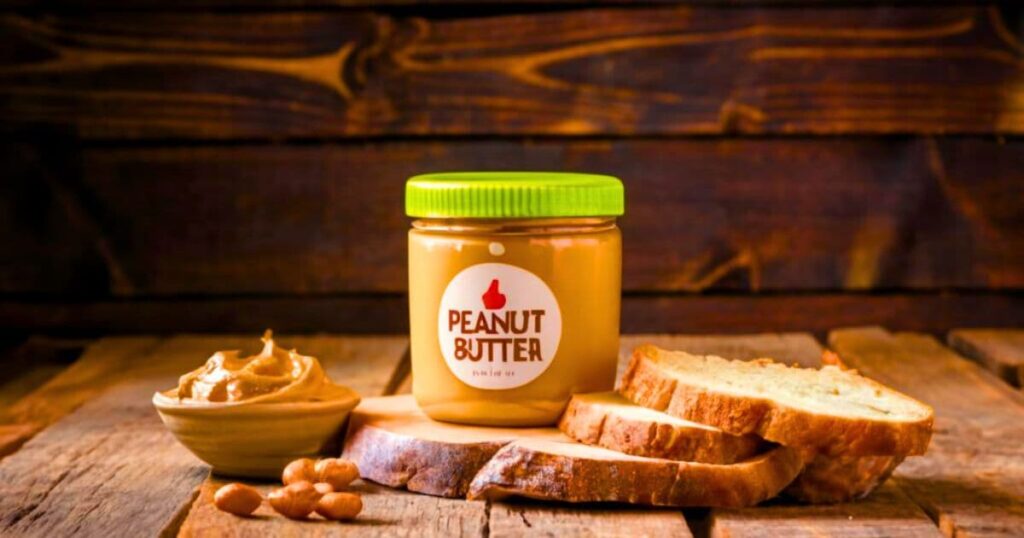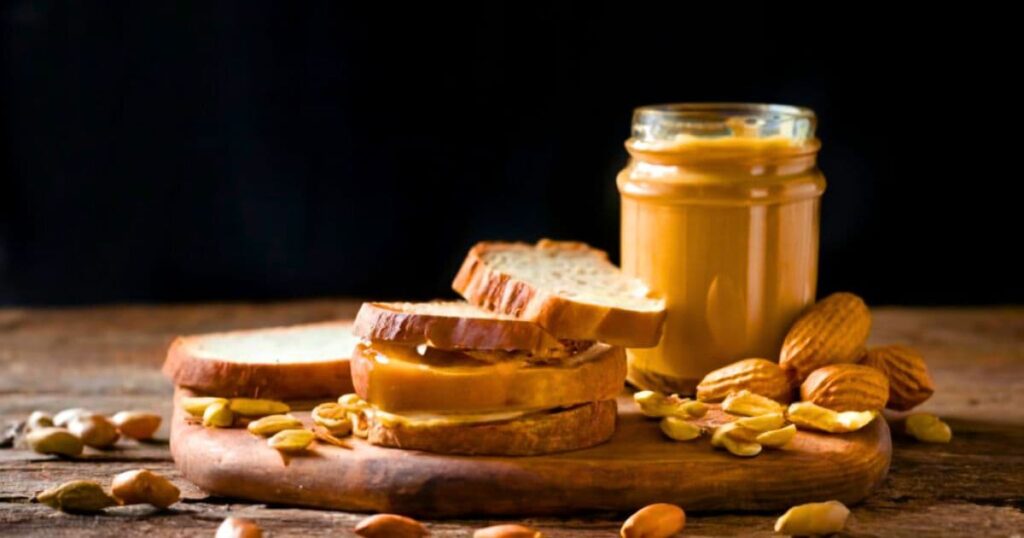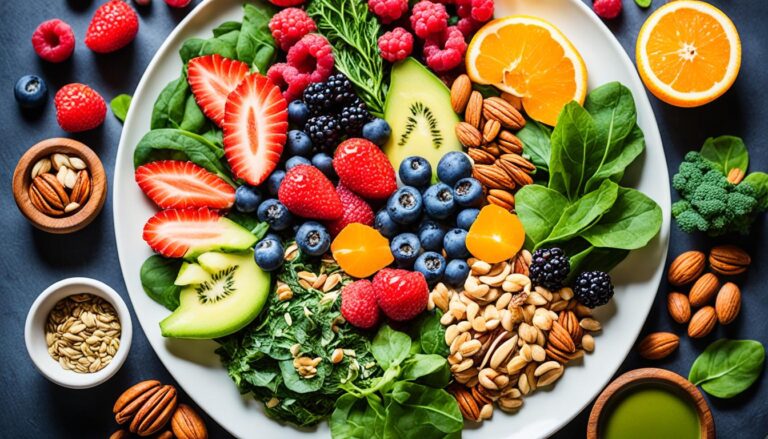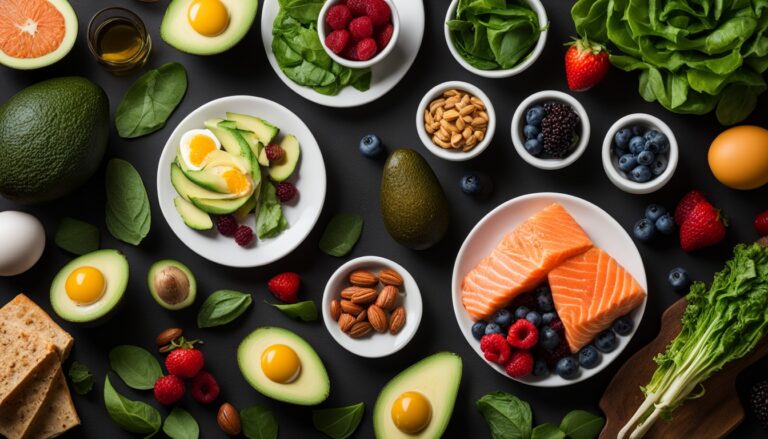Benefits of peanut butter Since its humble origins as a childhood delight, peanut butter has developed into a healthy powerhouse a creamy concoction formed from peanuts. Adding it to any diet is a smart idea because of its various health perks, which go beyond its delectable flexibility.
Let’s learn more about peanut butter and understand why it should be a staple in your kitchen.The Healthiest Food You Can Eat: Packed with Protein, Fiber, and Good Fats
The nutritional profile of peanut butter is a significant argument in its favor.
A mere two tablespoons include an incredible eight grams of protein, a crucial component for mending muscles and other structures. The protein in this dish may also aid with weight management by making you feel full for longer.
Additionally, peanut butter is rich in healthy fats, particularly monounsaturated fats, which are beneficial for heart health.
It also contains essential vitamins and minerals such as vitamin E, magnesium, and potassium. Incorporating peanut butter into your diet can be a delicious and nutritious way to support your overall well-being.
In terms of fiber content peanut butter is also top notch.

It may lessen the risk of cardiovascular disease, manage blood sugar levels, and promote normal digestion because of its soluble and insoluble fiber content. The soluble fiber helps lower cholesterol, while the insoluble fiber keeps things flowing smoothly in your digestive system.
Adding peanut butter to your diet can also help you feel fuller for longer periods of time, making it easier to maintain a healthy weight.
In addition, the fiber in peanut butter can aid in preventing constipation and promoting a healthy gut. Overall, incorporating peanut butter into your meals and snacks can provide numerous health benefits beyond just being a tasty spread.
Peanut butter contains a healthy fat composition.
Rich in monounsaturated and polyunsaturated fats, it contributes to reducing bad cholesterol LDL levels while enhancing good cholesterol HDL.
These healthy fats are also vital for supporting cell health and enhancing cognitive function. In addition, olive oil is a great source of antioxidants, particularly vitamin E, which helps protect cells from damage caused by free radicals.
Regular consumption of olive oil has been linked to a reduced risk of chronic diseases such as heart disease and cancer. Overall, incorporating olive oil into your diet can lead to numerous health benefits and improve your overall well-being.
A Treasure Trove of Essential Vitamins and Minerals:

Fueling Your Body for Optimal Health.Peanut butter goes beyond merely protein, fiber, and healthy fats. It’s a treasure trove of vital vitamins and minerals that play a significant role in numerous biological operations. Here are some major highlights:
Vitamin E:
A potent antioxidant, vitamin E safeguards your cells from injury and may even lower the possibility of chronic conditions like heart disease and Alzheimer’s disease.
It is also known to promote healthy skin and eyes and boost the immune system. Including foods rich in vitamin E, such as nuts, seeds, and leafy greens, in your diet can help ensure you are getting enough of this essential nutrient to support your overall health and well-being.
Additionally, vitamin E supplements can be taken to ensure you are meeting your daily requirements, if necessary.
Magnesium:
Crucial for muscle function, blood sugar regulation, and nerve transmission, magnesium deficiency is a prevalent concern. Peanut butter is a natural strategy to improve your magnesium intake.
Just two tablespoons of peanut butter contains around 50 milligrams of magnesium, making it a convenient and tasty way to boost your levels of this essential mineral.
Adding peanut butter to your diet can help support overall health and prevent the negative effects of magnesium deficiency, such as muscle cramps, fatigue, and anxiety. Including this nutrient-rich spread in your meals and snacks can be a simple yet effective way to ensure you are meeting your daily magnesium needs.
Niacin vitamin B3 :
Supporting energy production, healthy cholesterol levels, and brain function, niacin is another vital component found in high proportions in peanut butter. Niacin also plays a crucial role in maintaining a healthy digestive system and promoting skin health.
In addition to its numerous health benefits, niacin can help reduce inflammation in the body and support overall heart health. Including peanut butter in your diet can be a delicious way to ensure you are getting an adequate intake of this essential vitamin.
Manganese:
Contributing to bone health, enzyme function, and glucose metabolism, manganese is a trace mineral that peanut butter helps you incorporate into your diet.
By including manganese-rich peanut butter in your diet, you can support the formation and maintenance of strong bones, aid in the proper functioning of enzymes involved in various biochemical reactions, and help regulate blood sugar levels.
Additionally, manganese plays a role in protecting cells from damage caused by free radicals, making it an essential nutrient for overall health and well-being. So, be sure to enjoy a serving of peanut butter to ensure you are getting an adequate amount of this important mineral in your diet.
These are just a smattering of the countless vitamins and minerals present in peanut butter, each contributing to your overall well-being.
Beyond the Jar Unveiling the Versatility of Peanut Butter
The beauty of peanut butter is in its versatility. It’s not just for putting on toast anymore! Here are some imaginative ways to integrate this healthy powerhouse into your diet:
- Sweet Treats: Add a dab of peanut butter to your smoothie bowl, oats, or yogurt for a protein and flavor boost. Bake wonderful peanut butter cookies or brownies for a lovely and wholesome treat.
- Savory Delights: Spice up your stir-fries or curries with a dab of peanut butter for a rich, nutty flavor. Dress up your salad with a peanut butter-based dressing for a unique and protein-packed alternative.
- Snack Sensations: Pair apple slices, celery stalks, or banana slices with peanut butter for a healthy and fun snack. Spread peanut butter over whole wheat crackers for a quick and crunchy energy boost.
- Choosing the Right Peanut Butter: Decoding Labels for Optimal Health Benefits
With a plethora of peanut butter variations hitting the market, finding the appropriate one may be tough. To acquire the finest benefits, opt for varieties that emphasize natural components. Here’s something to keep in mind:
Ingredients:
Opt for peanut butter with just one ingredient roasted peanuts! Avoid items containing excessive sugars, hydrogenated oils, or unhealthy fats.
Sugar Content:
While many peanut butter varieties offer a touch of natural sweetness, be aware of added sugars. Look for items with minimal to no added sugars.
Sodium Content:
Similar to sugar, high salt levels may invalidate the health benefits of peanut butter. Choose varieties with a decreased sodium concentration.
Addressing Peanut Allergies: Safe Alternatives for Those Who Can’t Indulge
For people with peanut allergies, enjoying the perks of peanut butter may seem like a distant dream. However, fret not! Several enjoyable and healthy alternatives give equivalent benefits:
Almond Butter:
Sharing a similar creamy texture and protein content, almond butter is a suitable choice for people with peanut allergies. It also offers a significant number of healthy fats and vitamin E.Additionally, almond butter has been shown to help lower cholesterol levels and reduce the risk of heart disease.
Its rich, nutty flavor makes it a versatile ingredient that can be used in both sweet and savory dishes. Whether spread on toast, blended into smoothies, or used as a dip for fruits and vegetables, almond butter is a delicious and nutritious alternative to peanut butter.
SunButter:
Made from sunflower seeds, SunButter delivers a unique nutty flavor and a sufficient quantity of protein and healthy fats. It’s an excellent, allergy-friendly substitute for peanut butter.
SunButter is a great option for those with nut allergies or sensitivities, as it is free from peanuts and tree nuts.
It can be used in a variety of ways, such as spread on toast, mixed into smoothies, or as a dip for fruits and vegetables. Additionally, SunButter is a good source of vitamin E and magnesium, making it a nutritious choice for those looking to add more nutrients to their diet.
Cashew Butter:
With a slightly sweet and buttery taste, cashew butter is another wonderful alternative. It’s rich in healthy fats, protein, and vital minerals. Cashew butter is also a great source of antioxidants like vitamin E and magnesium, which can help support heart health and lower inflammation in the body.
Additionally the creamy texture of cashew butter makes it a versatile ingredient in both sweet and savory dishes. Whether spread on toast, blended into smoothies, or used as a base for sauces and dressings, cashew butter adds a delicious and nutritious touch to any meal.





